
Oleksandr Muzychko, a radical Ukrainian militant.I’m Israeli with Ukrainian Jewish roots, and my wife is Ukrainian, so naturally the topic of anti-Semitism in Ukraine concerns me. Since I’m also studying journalism, I couldn’t help but notice a recent article from the Russian network RT that has been going around on various social networks. The article is illustrative of a problematic approach to reporting the Maidan protests in Ukraine. It shows footage of an anti-government protester, Oleksandr Muzychko, waving a Kalashnikov. It claims that Muzychko (AKA Sashko Biliy) is a notorious right-wing Ukrainian extremist and terrorist who as a foreign volunteer in the Chechnyan War was responsible for significant Russian losses in the battle for Grozny. In his book on the Chechnyan War, the journalist Anatol Lieven described Muzychko as
A volunteer from the Ukranian extreme nationalist UNA-UNSO movement… who looked as if he had been born in a cave. He had a massive face with a forehead sloping straight back from his eyebrows, a jutting jaw and a broken nose, and was wearing an American baseball cap turned back to front and a green Islamic headband. He said that he was there to ‘fight against Russian imperialism and help destroy the Russian empire… and then on its ruins, we will build a new, truly great Slavic power, uniting all the Slavs under the leadership of the Ukrainians, the oldest, greatest and purest Slav people.’ I was told some months afterwards that he had been killed in action in Grozny. Biliy was one of perhaps twenty Ukrainian volunteers who fought in Chechnya; I met three of them…[ref]Anatol Lieven, Chechnya: Tombstone of Russian Power, (Yale University Press 1998), 83-84. The title is as unprophetic as they get.[/ref]
Lieven was wrong, as it turns out. Muzychko was not killed in action. Instead, he returned to Ukraine and was later jailed for several years on a charge of kidnapping. A brief review of UNA-USO activity reveals a markedly ultra-nationalist platform, but so far very little actual violence apart from that committed by volunteers like Muzychko in Chechnya.
Still, in an interview for a documentary produced by REN in 2007, Muzychko declared that “As long as blood flows in my veins, I will fight communists, Jews and Russians. This is my credo.”
Jews are understandably worried. For one, some of the worst atrocities against Jews were historically committed by Ukrainians. At a central location in Kiev there is a prominent memorial to the 17th century Cossack Hetman, Bohdan Khmelnytsky. During Khmelnytsky’s uprising against the Poles (a foundational narrative amongst Ukrainian nationalists) around a fifth to a quarter of the entire Jewish population of the Polish-Lithuanian Commonwealth perished.[ref]Bernard D. Weinryb, The Jews of Poland: A Social and Economic History of the Jewish Community in Poland from 1100 to 1800, (Jewish Publication Society, 1973) 115.[/ref] In 1919, the armies of Symon Petlyura slaughtered around 17,000 Jews in a serious of vicious pogroms. The Jewish writer Isaac Babel vividly described the aftermath of one of these pogroms in his characteristic terse, laconic style. The family of David Zis, in their home, the old prophet, naked and barely breathing, the butchered old woman, a child with chopped-off fingers. Many of these people are still breathing, the stench of blood, everything turned topsy-turvy, chaos, a mother over her butchered son, an old woman curled up, four people in one hut, dirt, blood under a black beard, they’re just lying there in their blood…[ref]Isaac Babel, Red Cavalry, 279. For a sober, reasonable overview of Petlyura’s involvement, see W. E. D. Allen, The Ukraine: A History, (1940), 309-311.[/ref]
A mere generation later, many Ukrainians collaborated with the Nazi invaders, including the insurrectionist movement OUN before it had a falling out with Germany.[ref]Timothy Snyder provides compelling analysis of the rationale behind Ukrainian collaboration with the Nazis in his The Reconstruction of Nations: Poland, Ukraine, Lithuania, Belarus, 1569-1999 (Yale University Press, 2003), 154-178.[/ref] The German-raised Ukrainian police was an important instrument for murdering Jews in those years of occupation.[ref]Snyder, The Reconstruction, 159-162. The Germans followed a similar pattern in all occupied areas of the USSR. One of the German policemen in Belorussia was none other than Fyodor Yanukovych, father of the recently-ousted president Viktor Yanukovych. (Russian). Metropolitan Andriy Sheptytsky, leader of the Ukrainian Greco-Catholic Church, opposed the use of Ukrainians in the murder of Jews, and helped many of the later survive by hiding them in his own residence and various monasteries. See the personal recollections in David Kahane, Lvov Ghetto Diary, (University of Massachusetts Press, 1990).[/ref]
The anti-communist and anti-Russian sentiment expressed by Muzychko is fairly self-explanatory. In the previous century alone, Russia has pursued policies that have aimed at the suppression (and at times destruction) of the Ukrainian nation.[ref]While the Soviet Union consisted of more than just Russia and Russians, it generally pursued policies of Russification, emphasizing the cultural and moral superiority of Russia. So much so that Gorbachev famously equated the two. “Russia- the Soviet Union, I mean- that is what we call it now, and what it is in fact…”[/ref] There was the artificially-prolonged famine, the Holodomor, which resulted in the deaths of more than 4 million Ukrainians due to starvation.[ref]The Holodomor occurred not only in Ukraine, but also in the Northern Caucasus, part of Russia proper. The population consisted largely of Ukrainians and Cossacks. Malcolm Muggeridge actually travelled to Rostov in order to see for himself what was going on. He hit the nail on the head when he called Ukraine and the Northern Caucasus places of “maximum dissent.” His description of the bureaucratic mindset involved in the Holodomor is chilling.[/ref] In 1939, the NKVD instituted a reign of terror in newly-occupied Galicia and Volhynia. The Ukrainian Greco-Catholic Church was dissolved by the NKVD in 1946 and its assets and congregations turned over to the politically compliant Russian Orthodox Church.[ref]See Tatiana A. Chumachenko, Church and State in Soviet Russia: Russian Orthodoxy from World War II to the Khrushchev Years, (2002), 42-46. “The Greco-Catholic (Uniate) Church ceased to exist legally in the USSR thanks to the grandiose political measures implemented between 1946 and 1949. During this period, the Moscow Patriarchate brought more than 3,000 churches into its jurisdiction, a fact that undoubtedly helped strengthen its financial status.” As Chumachenko notes, the Greco-Catholic Church was seen as a dangerous accomplice of the Vatican which was engaged in anti-Soviet diplomacy and politics.[/ref] There was also the systematic repression of the Ukrainian language, for example, no factory in the Soviet Union produced typewriters with the Ukrainian alphabet (it differs somewhat from Russian).[ref]Nadia Diuk and Adrian Karatnycky, The Hidden Nations: The People Challenge the Soviet Union, (Morrow 1990), 75.[/ref] Even as late as the 1970s and 1980s, Ukrainian poets like Hryhoriy Chubay and Vasil Stus were imprisoned, and an extraordinarily well-loved composer of popular music, Volodymyr Ivasyuk, was kidnapped, beaten, and hanged on a tree. The middle-aged Stus died in a forced labor camp in 1985.[ref]Hidden Nations, 78. See also http://www.ualberta.ca/~ulec/stus/kostash-04.html#1985-09 As a reminder of how this is far from ancient history to Ukrainians, there is footage of Taras Chubay, Hryhoriy’s son, performing Ivasyuk’s signature song, Chervona Ruta, during the Maidan.[/ref]
But even with a long history of anti-Semitism in Ukraine, the question still remains. Why the Jews? Partially because of deep-seated Orthodox anti-Semitism[ref]A Lethal Obsession[/ref], partially because of rhetoric originating in 19th and 20th century Russian circles which painted the Jews first as partners with Freemasons for world domination, and then as the masterminds behind communism, not to mention the prominent involvement of many Jews in the Soviet regimes.[ref]See Michael Kellog, The Russian Roots of Nazism: White Émigrés and the Making of National Socialism, 1917–1945, (Cambridge University Press 2008). The most influential example of such propaganda is undoubtedly the Protocols of the Elders of Zion. Unfortunately, Savelii Dudakov’s seminal study of the topic, The Story of a Myth (Istoriya Odnovo Mifa), has yet to be translated from Russian into English.[/ref] Compounding the issue, some of the more visible members of Yanukovich’s odious party- such as Dobkin, Kernes, and Tabachnik– are Jewish. Sadly, when members of visible, cohesive minorities behave poorly people tend to assign blame and complicity to the group as a whole.
Yet, surprisingly little anti-Semitic outburst has occurred during the protests. I don’t think that this can be emphasized enough. On February the 23rd there was a fire-bombing of a synagogue in Zaporizhie, one of those Eastern Ukrainian towns which had undergone significant russification. As of today there is still no information released on who might have done it. Even if we assume that Maidan activists are the perpetrators (and they are a minority in Zaporizhie), have any other synagogues been attacked? In the areas where we’d expect them the most, I.E., the areas where nationalist and radical influence is strongest, there have been no such attacks during the course of the protests. Not in the Maidan-controlled parts of Kiev, not in Lviv, stronghold of the ultra-rightwing party Svoboda, and not in Rivne, where different footage shows Oleksandr Muzychko brandishing his Kalashnikov during a municipal meeting. There have been organized Jewish groups participating in the Maidan,[ref]For instance, “Delta,” an IDF veteran. See also Tablet Magazine’s article.[/ref] and the oligarch Ihor Kolomoisky, president of the United Jewish Community of Ukraine, is also a staunch supporter of the Maidan. The Chabad rabbi in Kiev has closed his schools and called upon Jews to flee, but the chief rabbi since 1990, Yaakov Bleich, long sympathetic to Ukrainian aspirations, has issued no such statements.[ref]http://www.haaretz.com/jewish-world/jewish-world-news/1.575732 and http://www.haaretz.com/news/world/.premium-1.575775. In 1994, Bleich took 60 Minutes to task for distorting what he termed “the beautiful face of freedom.” [/ref] Indeed, Josef Zisels, a vice-president of the World Jewish Congress who monitors the spread of anti-Semitic incidents in the former Soviet Union, noted that there were only two incidents in all of the forty Maidans throughout Ukraine, and both were purely rhetorical.[ref]The interview is in Russian at the Jewish site Booknik.[/ref]
As a knowledgeable friend remarked (we’ll call him Eustace), a certain wave of anti-Russian and anti-Semitic sentiment is to be expected, though how serious remains to be seen.
What the RT article fails to do is pose questions which would allow one to contextualize the information. What happened to UNA/USO and what precisely is the Praviy Sektor? What role does Muzychko play in the Praviy Sektor, and what role does the Praviy Sektor play in the Maidan? How ideological is the movement? How do Jews rank in importance in Muzychko’s views as opposed to communists and Russians? What do other Maidan leaders think of Muzychko? How powerful is he? Has he ever attacked Jews?
It is unreasonable to expect full, definitive answers in a brief online piece, but none of the questions were even raised. That is the problem. The article is basically saying that here is a protestor, and he is a modern Nazi “aiming for power.” Thus, by extension, the protests are driven by Nazis aiming for power, and everyone knows how bad Nazis are, hence the protests are bad. Timothy Snyder said it best when he said that
If people in the West become caught up in the question of whether they are largely Nazis or not, then they may miss the central issues in the present crisis.[ref]Fascism, Russia, and Ukraine.[/ref]
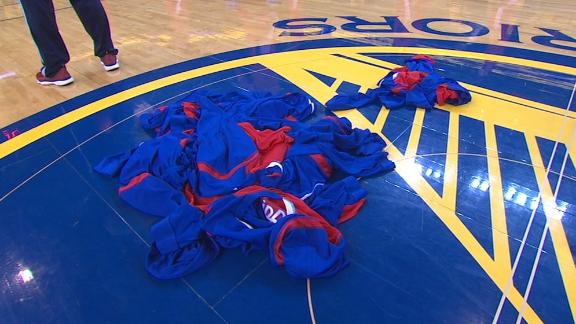
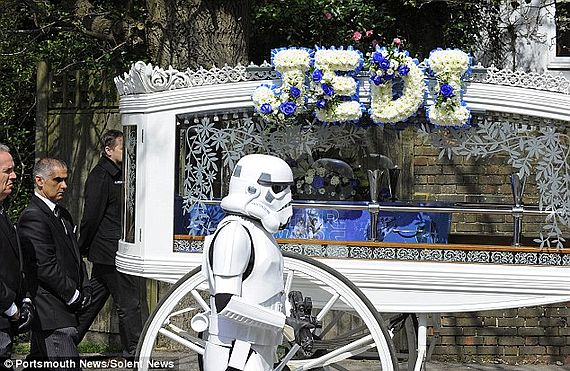

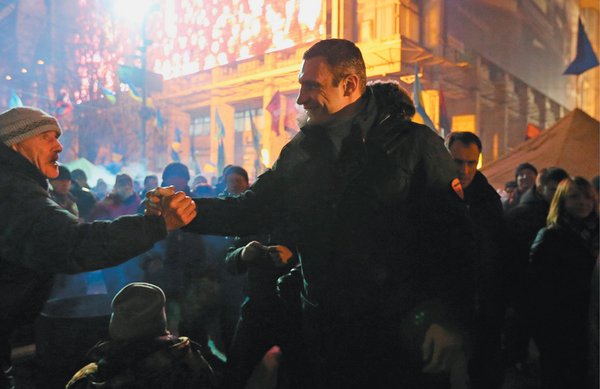

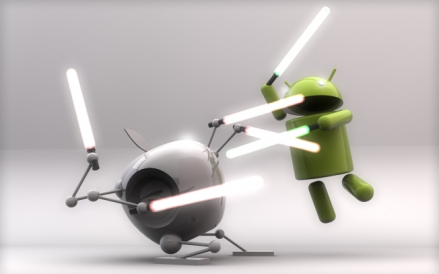
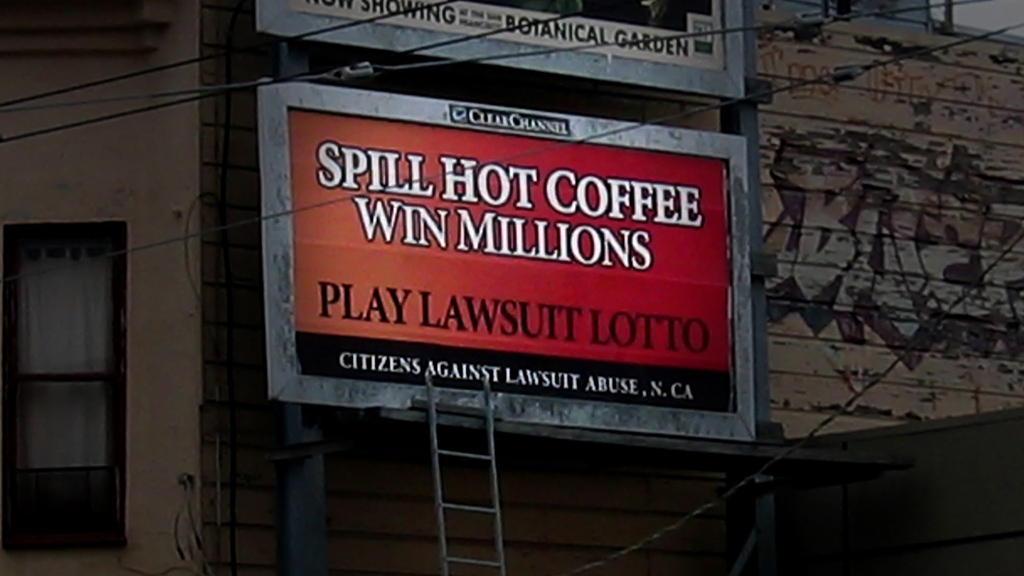

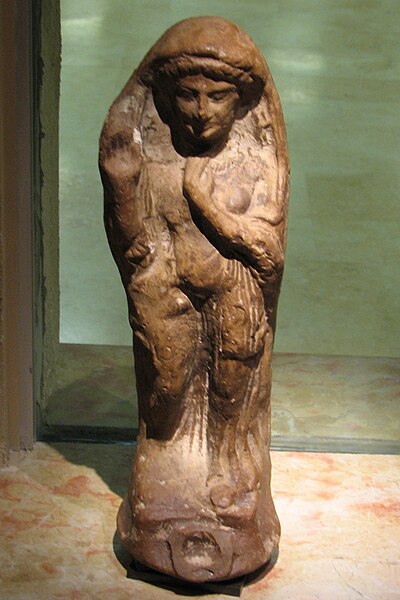 Yahoo News posted on an interesting archaeological discovery
Yahoo News posted on an interesting archaeological discovery